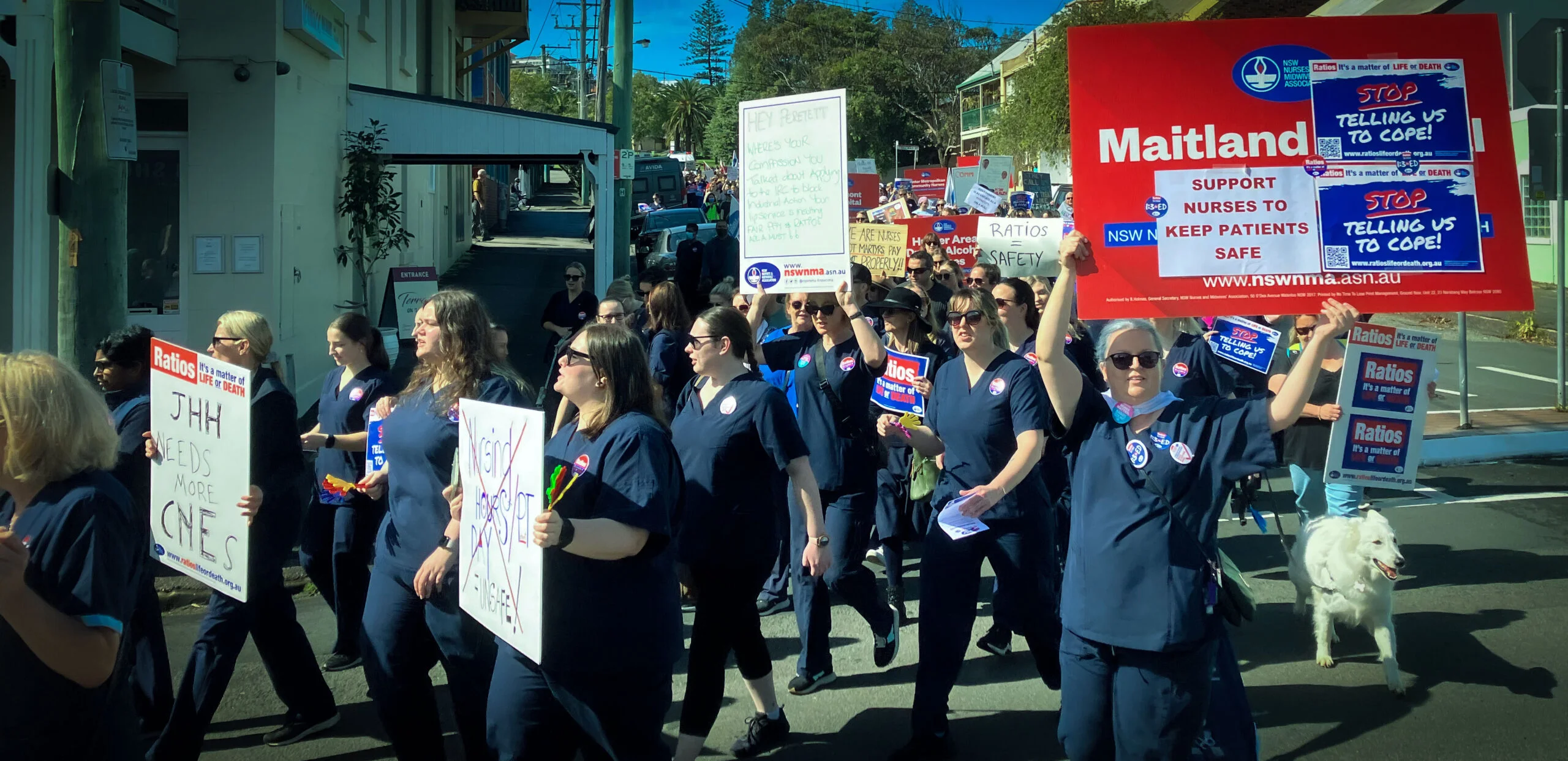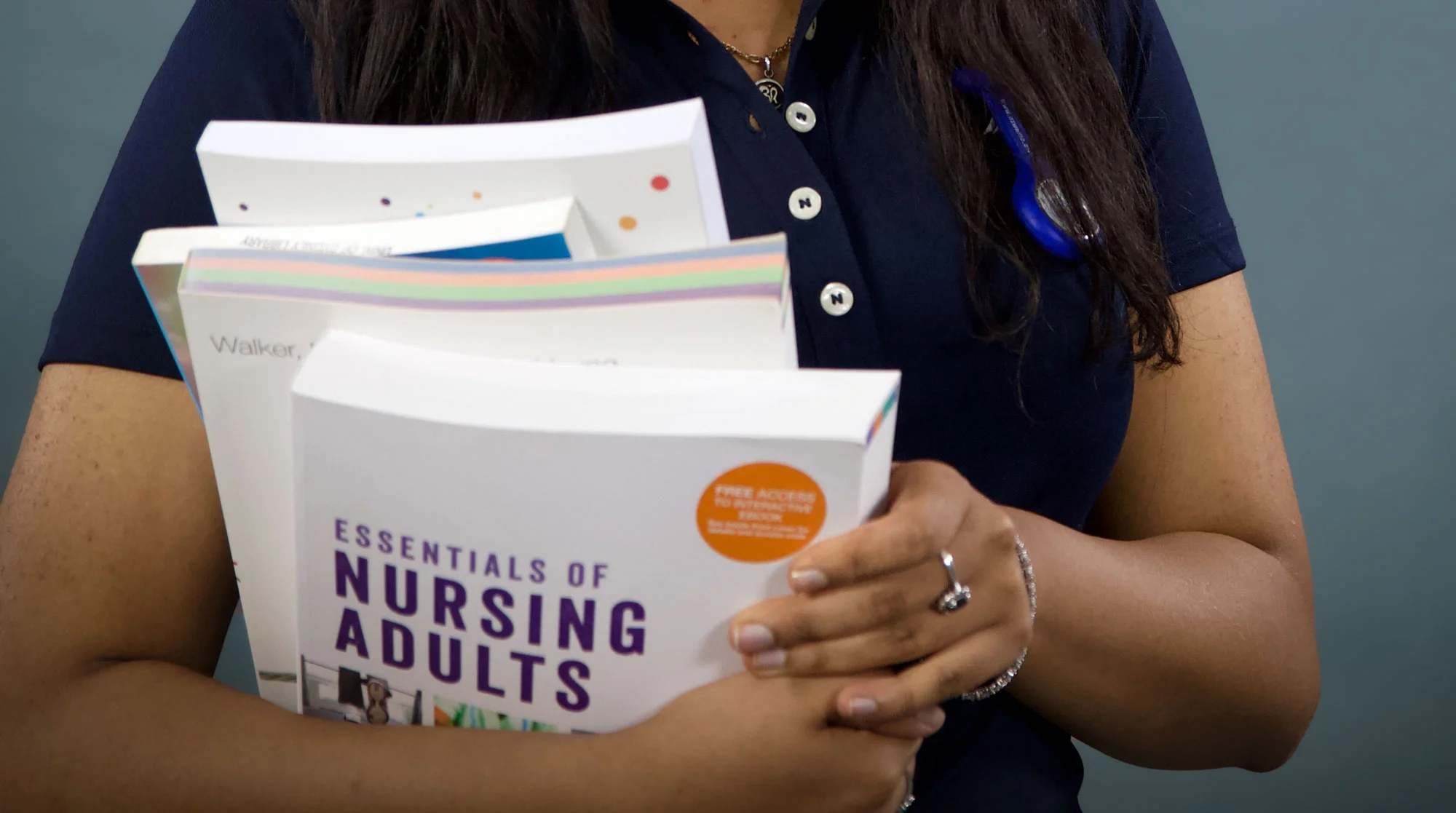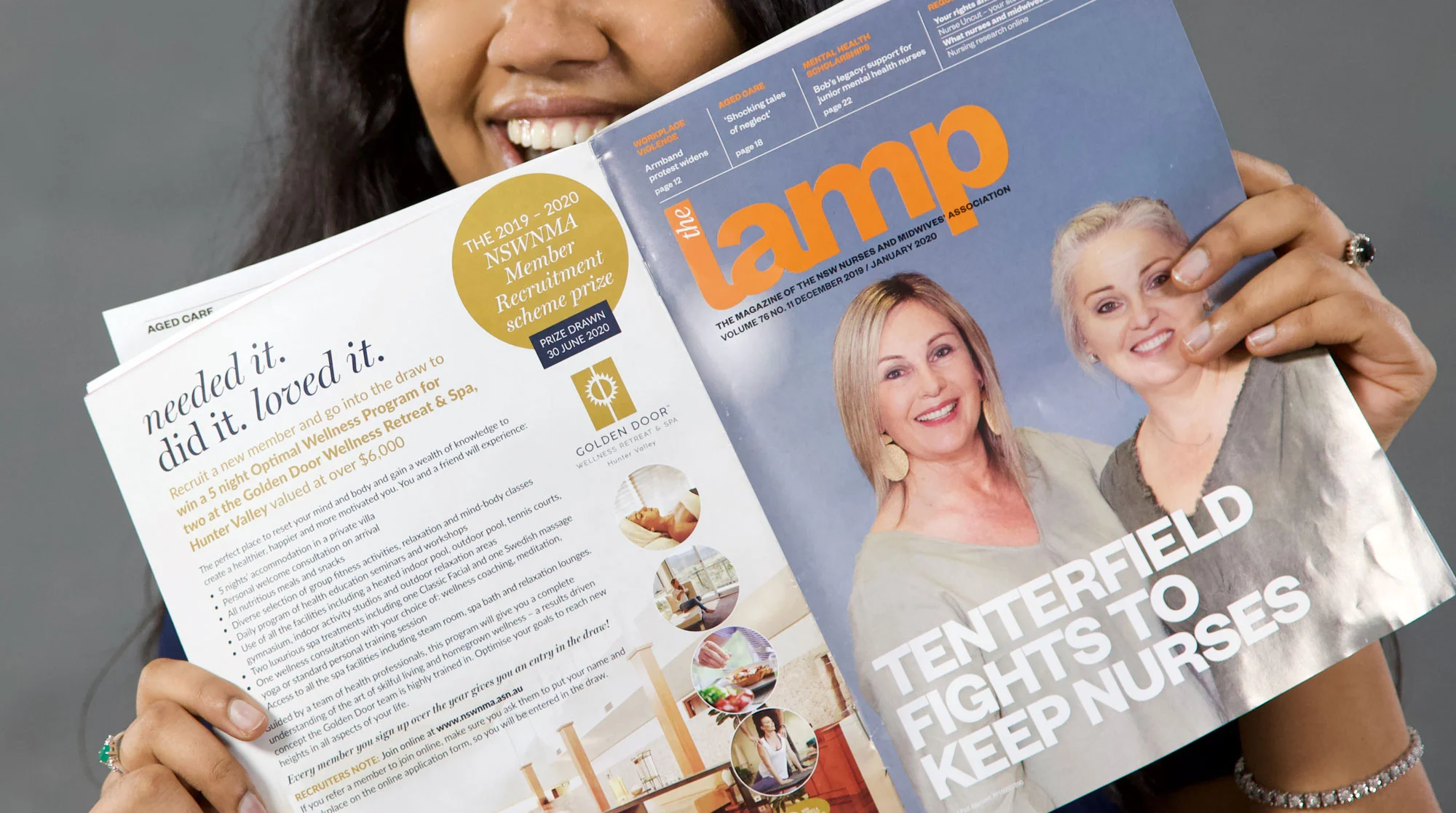The NSW Nurses and Midwives’ Association (NSWNMA) has identified a need for legislative reform to urgently improve guidelines for medication management within the aged care sector.
In the NSWNMA’s latest professional issues report, ‘The state of medication in NSW residential aged care’, a lack of appropriate governance measures and inadequate staffing of experienced, skilled nurses are highlighted as key contributing factors.
The report details the findings of a survey conducted earlier this year of more than 700 NSWNMA members, which specifically focused on the importance of safe medication management in residential aged care facilities.
General Secretary of the NSWNMA, Brett Holmes, said the report should serve as a warning to residential aged care providers, aged care policymakers and the broader community that current practices allow for an unacceptable margin for error and risk to residents.
“The majority of residents entering aged care now have some form of high care needs, which is placing an increased demand on an already stretched workforce,” Mr Holmes said.
“Government reform has enabled all residential aged care facilities to accommodate those with complex healthcare needs, including sites that don’t employ registered nurses. As a result, legislation and guidelines for best practice medication management in these settings has failed to keep pace.
“Registered Nurses (RNs), Enrolled Nurses (ENs) and unregistered Assistants in Nursing (AINs) are required to ensure medication practices comply with the guidelines, but our members tell us they are constantly providing care for too many residents, with little or no support, and medication is now being administered by more AINs with minimal training.
“It is paramount that nurses of all skill levels are provided the resources necessary to conduct their jobs safely and efficiently. Those with registration, such as RNs and ENs, depend on it. It is unacceptable for aged care providers to continue to operate in this way, potentially jeopardising the registration of employees, and compromising the level of care they can realistically provide to residents.”
The report found medication errors could easily be minimised, with 64 per cent of survey respondents indicating having more time to administer medications would improve safety. Meanwhile, 74 per cent of AINs said they were concerned about making decisions regarding administration of medicines and withholding medications.
In addition, almost 80 per cent of nurses surveyed said having a RN on site at all times would improve the quality of medication management.
“Currently, there are no mandated minimum levels of staffing or skill mix within residential aged care facilities,” added Mr Holmes.
“Given the rising acuity of residents in aged care, it is essential that policymakers introduce minimum staffing ratios to ensure residents in aged care have access to a skilled workforce, coupled with protections for safe management of medications.”
Mr Holmes said the NSWNMA would continue to campaign on behalf of all aged care nurses for minimum mandated staffing ratios, as well as legislative reform to ensure medication management appropriately protects aged care residents and the nursing staff delivering their care.
A copy of the report, ‘The state of medication in NSW residential aged care’, is available here.
Download a copy of this media release: Report highlights alarming scope for medication errors in aged care








